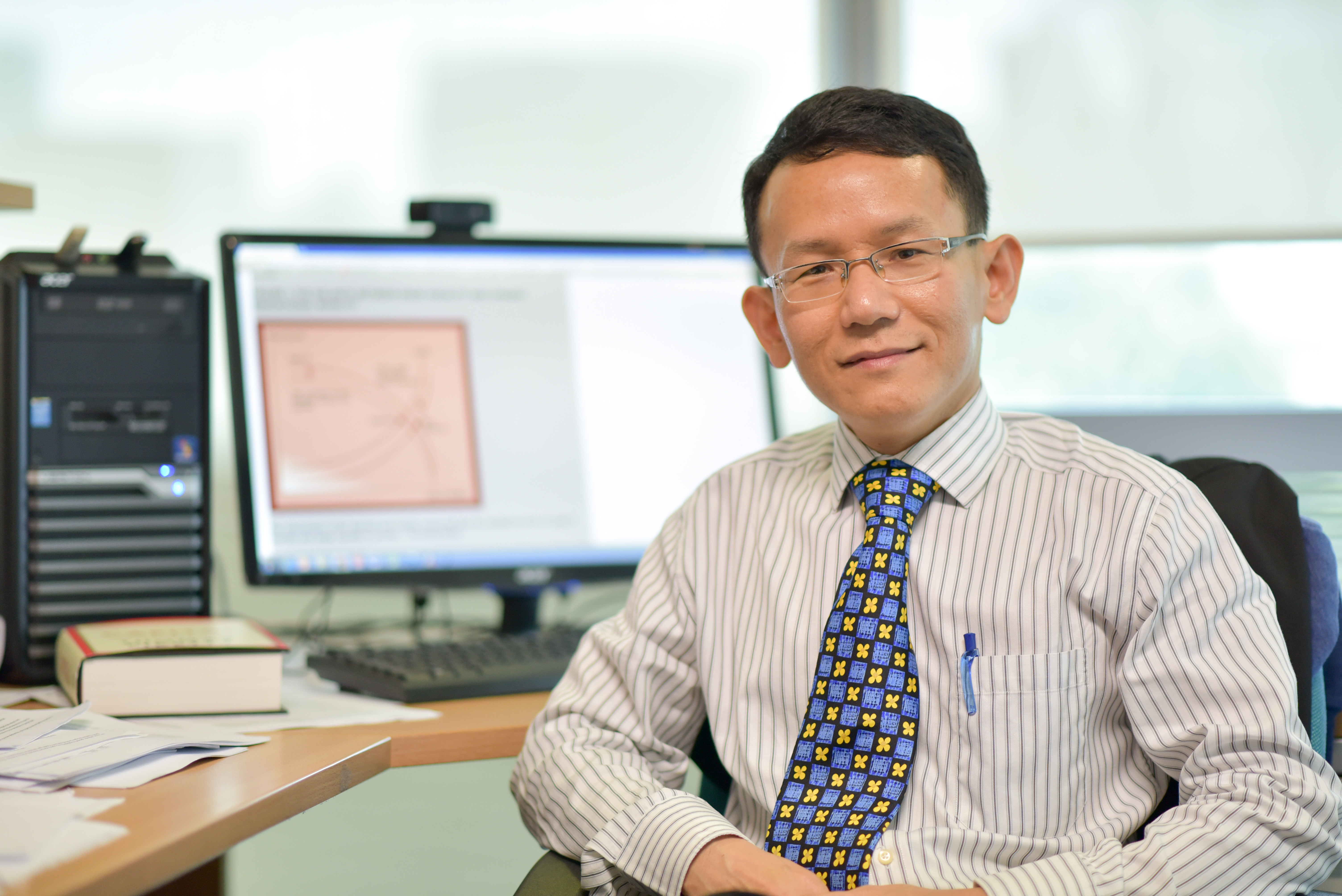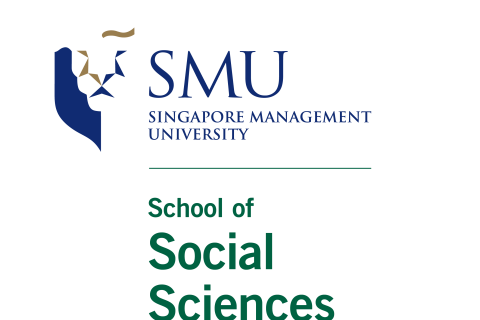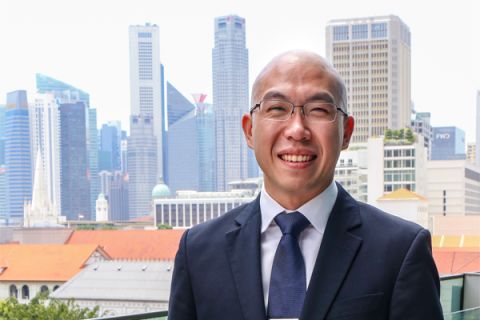
By Jovina Ang
SMU Office of Research & Tech Transfer– Subjective well-being, which is the scientific term for happiness and life satisfaction, matters because it can impact productivity and health. Thus, it is linked to success at the professional, personal and interpersonal levels.
It has also been found that both economic and non-economic factors drive subjective well-being, with the latter proven to have a more lasting effect.
“While we know that factors such as the quality of relationships (relationship stocks), life aspirations and perceived opportunities impact subjective well-being, little is known about what is driving these three determining factors, especially in Singapore’s youth,” SMU Associate Professor of Economics Ho Kong Weng told the Office of Research and Tech Transfer.
Given that the youth represent the future and progress of any nation, Professor Ho decided to delve deeper into the issue.
“We wanted to examine how Singapore’s youth develop their relationship stocks and life aspirations, and perceive their future career opportunities. And in turn, how these factors affect how they feel and think about their subjective well-being by studying their happiness and life satisfaction levels,” he explained.
The analysis
Drawing from the extensive data from the Singapore’s National Youth Survey (NYS), Professor Ho was able to gain a deeper insight into the factors driving the subjective well-being of youth.
The National Youth Council of Singapore has been conducting the NYS since 2002. Since the inception of the survey, over 10,000 youth, aged 15 to 34 years old, have participated in the survey. The 2019 NYS was the sixth iteration of the survey and was the source of data for the analysis.
In preparing for his analysis, Professor Ho first constructed a list of indices that were polled in the survey. The list of four broad indices included:
- The relationship stocks. Things like family support, family environment and national capital, which is a construct representing national pride and country commitment;
- Life aspirations which cover family-oriented life goals, altruism-oriented life goals and career-oriented life goals;
- The level of confidence and trust in social institutions, economic institutions and legal institutions; and
- The competencies that are required for future career success and preparedness such as innovation, emotional competency, diversity and leadership.
After constructing the list of indices, Professor Ho performed regression analyses to determine the relationships between the indices and the two indicators of subjective well-being, specifically on happiness and life satisfaction. He also performed regression analyses to determine the level of interactions among the different indices to understand the relationships among them.
The findings
The results, according to Professor Ho, are as follows: “There are many factors that contribute to the subjective well-being of the youth in Singapore. Other than the usual strong relationship stocks that come from family support and family environment, we see the importance of the construct of the national capital.”
Professor Ho added: “I believe many of these factors have been built upon the foundation of a collectivist culture that is uniquely Singaporean – family, community and the pride for the nation. The data showed that Singapore’s youth have a high level of national capital stock. There’s a lot of national pride.
“The youth are not only committed to the success of the country, they also have a high level of confidence and trust in the legal institutions in the country.”
As for the impact of life aspirations on subjective well-being, Professor Ho found that life aspirations such as having family-oriented and altruistic goals matter. Career-oriented life goals, on the other hand, appear to counter subjective well-being as those with high career-oriented goals experience a lower level of subjective well-being.
That said, attitudes towards inequality, perceived meritocracy and future career opportunities matter too in the subjective well-being of Singapore’s youth. Furthermore, competencies such as innovation, leadership and emotional competency, but not diversity competency, contribute towards the future preparedness of the youth in Singapore.
“The perceptions of the youth are strongly influenced by the national capital stock, which suggests that in general, the youth believe that the government has created a meritocratic society for their progress and advancement on the social economic ladder,” he continued. “We also found that the social mobility is not narrowly confined to people of a specific social strata. Rather, social mobility exists for a broad middle class of youth independent of their parental background and influence”, he added.
Back to Research@SMU Aug 2021 Issue
See More News
Want to see more of SMU Research?
Sign up for Research@SMU e-newslettter to know more about our research and research-related events!
If you would like to remove yourself from all our mailing list, please visit https://eservices.smu.edu.sg/internet/DNC/Default.aspx

